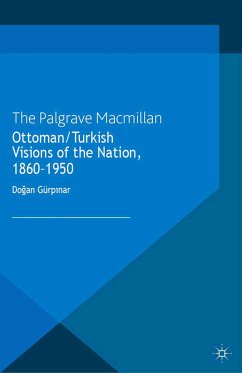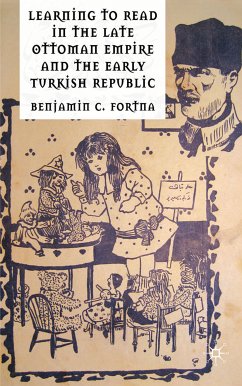This study bridges the gap that exists between studies dedicated to the history of slavery in the Western and Islamic worlds. It sets itself the goal of understanding how slavery persisted and then met its end in the Ottoman Empire. It concentrates on the period between 1800-1909 and examines the policies of the Ottoman state regarding slavery both before and after the reform period known as the Tanzimat. It also looks at the British involvement in the issue.
Dieser Download kann aus rechtlichen Gründen nur mit Rechnungsadresse in A, B, BG, CY, CZ, D, DK, EW, E, FIN, F, GR, HR, H, IRL, I, LT, L, LR, M, NL, PL, P, R, S, SLO, SK ausgeliefert werden.









